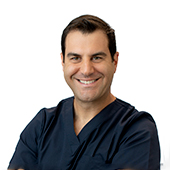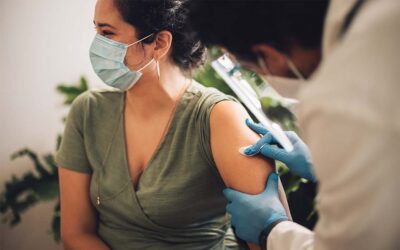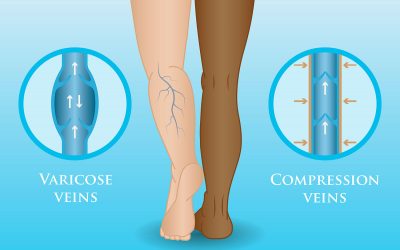Tickets booked? Bags packed? Legs checked and ready to fly?
Dubbed the ‘economy-class syndrome,’ staying motionless on long-haul flights or road trips is a key factor in the occurrence of deep vein thrombosis (DVT). However, leading Australian phlebologist (vein doctor) Dr Peter Paraskevas says travelers can take preventative action against DVT with a series of simple steps, so their legs are travel-ready: “Having varicose veins increases the risk of developing clots in leg veins. However, the widely discussed Vaccine Thrombosis with Thrombocytopenia syndrome (TTS) is different to the blood clotting condition DVT because it is triggered by the immune system’s response to the COVID-19 AstraZeneca vaccine. The vaccine TTS results in both thrombosis and low platelet levels.”
Dr Paraskevas shares his seven tips to avoid DVT on long-distance plane, train, or car journeys:
Wear loose-fitting clothes that aren’t tight around your waist or legs.
- Wear flight socks (compression stockings).
- Store your luggage overhead so you can stretch your legs out.
- Walk around and stretch whenever you can.
- Drink plenty of water.
- Do anti-DVT exercises: one easy exercise is to keep your toes on the floor while raising and lowering your heels. Do this a few times every x hours.
- Avoid alcohol or sleeping pills.
Flight socks
Flight socks are recommended for people at high or moderate risk of DVT. They should be worn throughout the flight. Use below-knee graduated stockings with an appropriate compression. Get advice from a health professional on correct size and fitting.
Visit your GP
If you think you have a high risk of developing DVT, see your GP before you travel. You may be prescribed blood-thinning drugs to lessen the risk of your blood clotting, or compression stockings (also called flight socks).
Studies show that airline passengers who wear compression stockings during flights of four hours or more can significantly reduce their risk of DVT as well as leg swelling (oedema). They come in a variety of sizes and there are also different levels of compression. It’s vital that compression stockings are measured and worn correctly. Ill-fitting stockings could further increase the risk of DVT.
Seek treatment for varicose veins prior to long-haul air travel
People with varicose veins are at a moderately increased risk of DVT on long-haul flights. Have them assessed by a phlebologist before you travel to determine if you need treatment. Generally, treatment is avoided within four weeks of travel. In that case, follow the standard DVT prevention protocol which includes compression stockings, regular hydration and walking on the plane. A protective blood thinner may be advised but only after careful assessment by the specialist.
“New non-surgical technologies have revolutionised the treatment of varicose veins, so there’s no reason why people need to travel with heavy, tired and uncomfortable legs, or with the threat of potentially developing blood clots,” says Dr Paraskevas.
Modern non-surgical treatments can take as little as 30 minutes; most patients can walk in and out and return to their normal lives immediately. These treatments are generally considered safe and effective and have up to 98% success rates, without scarring, hospital admission, or general anaesthetic.
Call your doctor immediately if you have:
- Swelling, warmth, or tenderness in the soft tissues of your leg.
- Pain in your leg that gets worse when you stand or walk. This is especially important if there is also swelling or redness in your leg.






